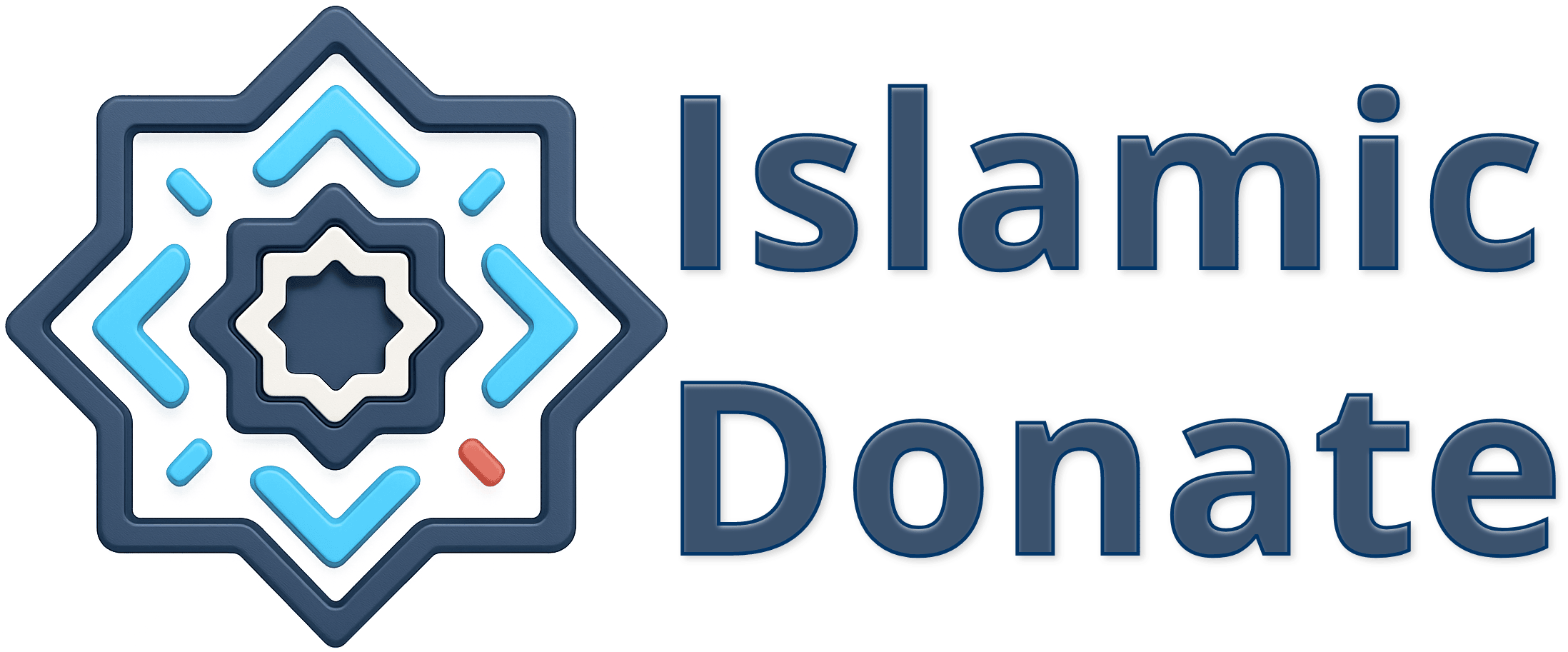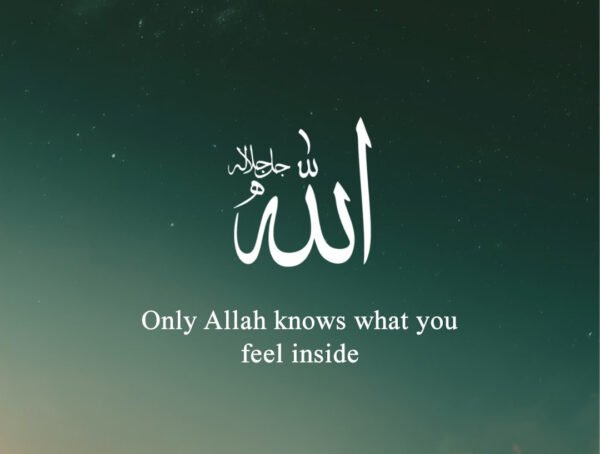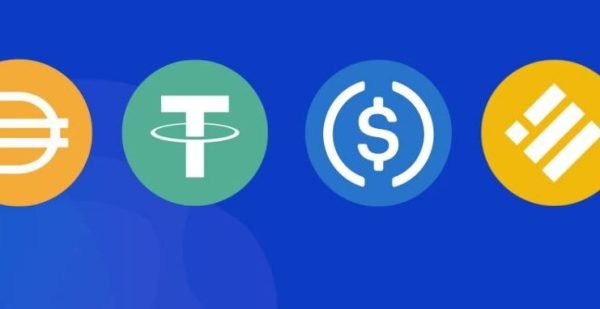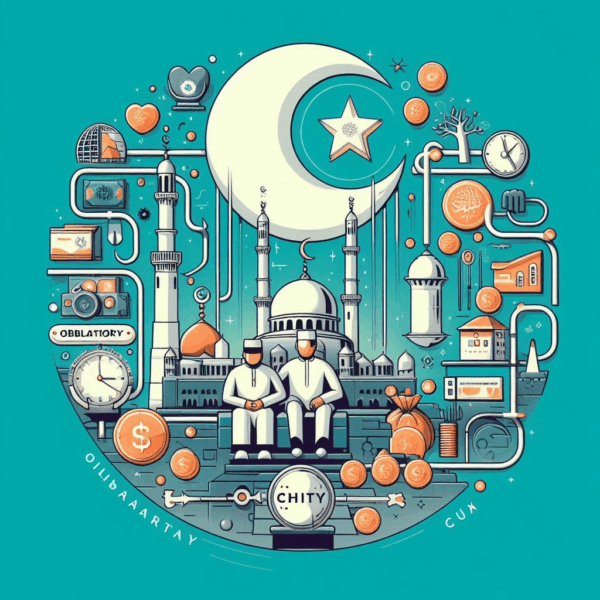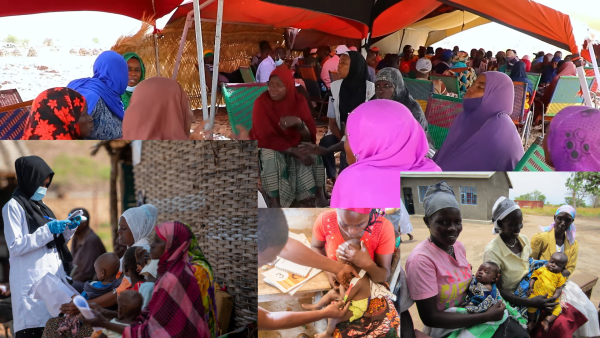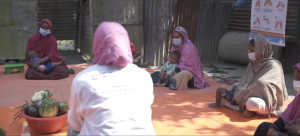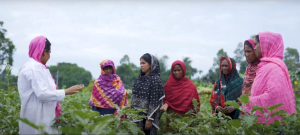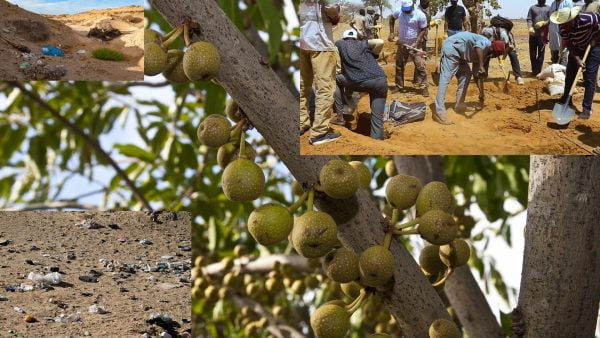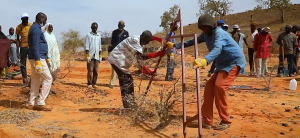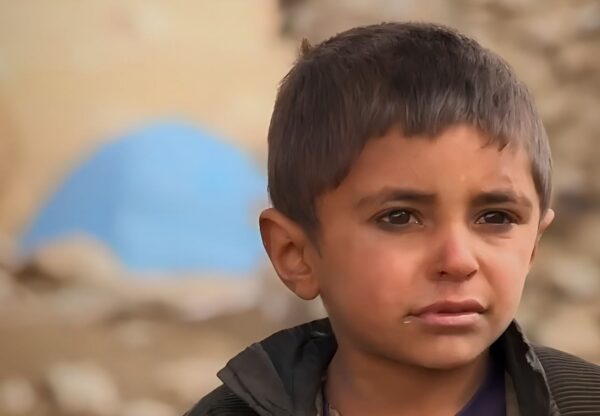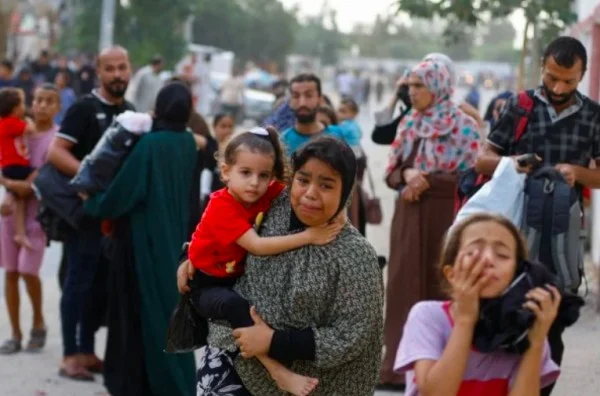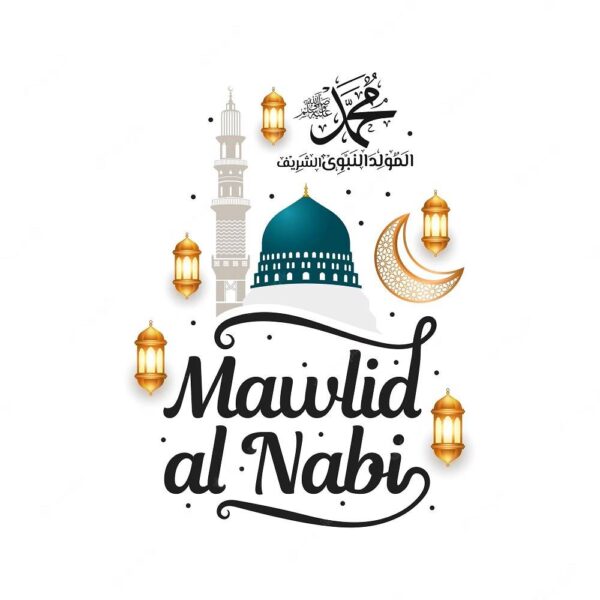Power of Giving: Anonymous Donations in Islam and Cryptocurrency
In the Islamic tradition, giving to charity is considered a fundamental pillar of faith, an act of worship (ibadah) that brings countless blessings to the giver and the receiver(Read the definition of ibadah here.). Muslims are encouraged to be generous and kind towards others, helping those in need selflessly and with pure intentions. However, navigating the balance between fulfilling this religious obligation and avoiding worldly desires like pride or social recognition can sometimes be a challenge.
This is where the concept of anonymous donations comes into play. The anonymity offered by cryptocurrency donations can be a powerful tool for Muslims seeking to fulfill their ibadah with utmost sincerity. Let’s delve deeper into the Islamic perspective on charitable giving and explore how anonymous crypto donations can be a force for good.
The Importance of Charity in Islam
Islam emphasizes the importance of helping those less fortunate. The Quran and the teachings of Prophet Muhammad (PBUH) are replete with verses and hadiths that extol the virtues of charity (sadaqah) and urge Muslims to give generously from their wealth.
One of the most important obligatory charities in Islam is Zakat, a yearly alms tax levied on a Muslim’s wealth. Zakat is meant to be distributed among the poor and needy, purifying one’s wealth and fulfilling a religious duty. However, charity extends far beyond Zakat. Muslims are encouraged to give additional voluntary donations (sadaqah) throughout the year to various causes they believe in.
The Power of Donating Anonymously
While public recognition for charitable acts can be gratifying, the core principle behind Islamic giving lies in sincerity and the pursuit of Allah’s pleasure. The Quran reminds us:
“If you disclose your charitable expenditures, they are good; but if you conceal them and give them to the poor, it is better for you, and He will remove from you some of your misdeeds [thereby]. And Allah , with what you do, is [fully] Acquainted.” (Quran 2:271)
This verse underscores the importance of giving without seeking worldly rewards or recognition. Anonymous donations ensure that the focus remains solely on fulfilling one’s religious duty and helping those in need.
There are several benefits to anonymous giving in Islam:
- Combats Hypocrisy: Donating anonymously helps to eliminate the risk of falling into hypocrisy (riya), where one gives charity to be seen or praised by others.
- Purifies Intentions: By removing the element of social recognition, anonymous donations allow the giver to focus solely on their intentions and seek Allah’s reward.
- Protects the Recipient’s Dignity: In some cases, public recognition of charity can unintentionally undermine the dignity of the recipient. Anonymous giving ensures that aid is received with respect and privacy.
The Rise of Anonymous Crypto Donations
The emergence of cryptocurrency has opened new avenues for anonymous charitable giving. Cryptocurrencies like Bitcoin offer a decentralized and secure way to transfer funds without revealing the identities of the sender or receiver. In 2008, Bitcoin, the first and most well-known cryptocurrency, emerged under the creation of Satoshi Nakamoto, a figure whose true identity remains anonymous to this day. This anonymity was a core design principle of Bitcoin, built on the idea of decentralized and secure online transactions without the need for revealing identities.
This aligns perfectly with the Islamic principle of anonymous charity, allowing donors to fulfill their ibadah with greater ease and privacy. Our Islamic charity recognizes the growing popularity of crypto donations and embraces this innovative approach to giving. We have established secure and legal methods for accepting anonymous cryptocurrency donations, adhering to the guidance laid out by Islamic scholars.
One of the simplest methods that we have presented, which has a very high level of security for you, is the wallet-to-wallet method. You copy the address of your favorite cryptocurrency from here and you can make your donation as a simple transaction to our wallet address. Of course, this is for donors who wish to remain anonymous, otherwise you can enter your full personal details.
Conclusion
Giving anonymously(Donating anonymously) in Islam is a powerful way to purify one’s intentions and fulfill the ibadah of charity with utmost sincerity. The anonymity offered by cryptocurrency donations provides Muslims with a valuable tool to strengthen their faith and contribute to worthy causes. By embracing this approach, we can ensure that our charitable acts are driven by a genuine desire to help others and seek Allah’s pleasure.
Join us in making a difference! Explore our website to learn more about how you can leverage the power of anonymous crypto donations to support our vital charitable work.

